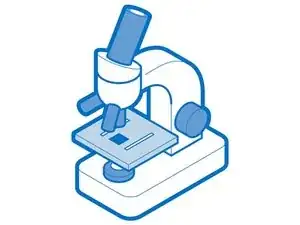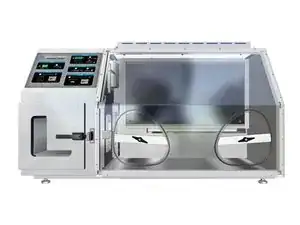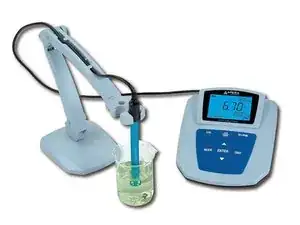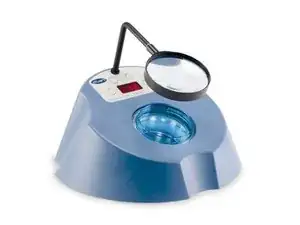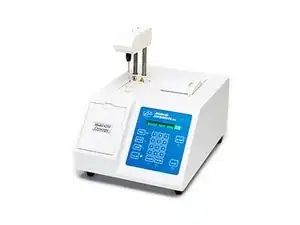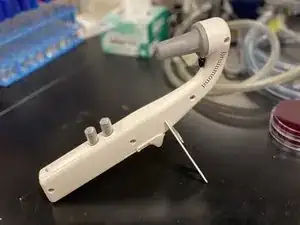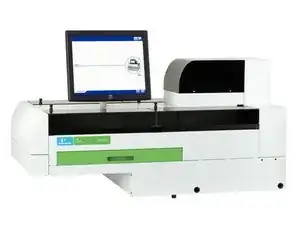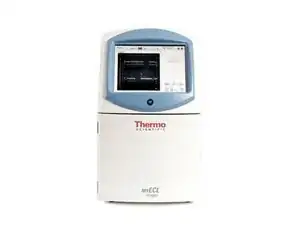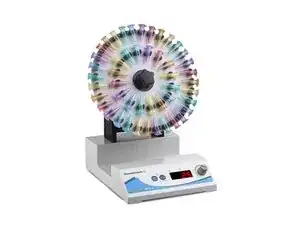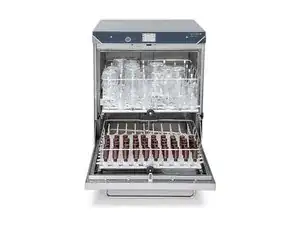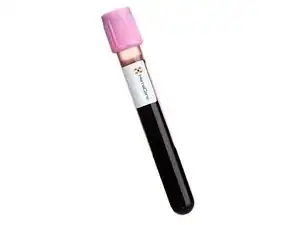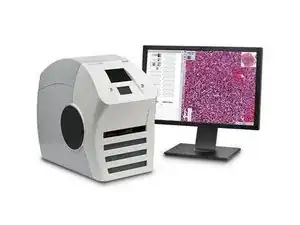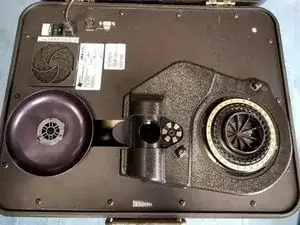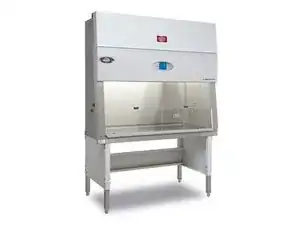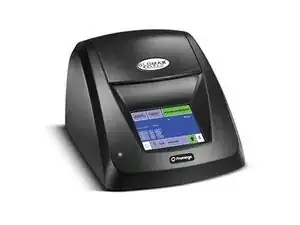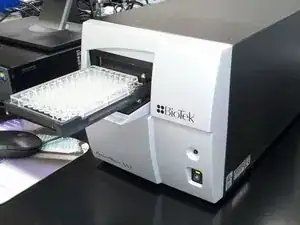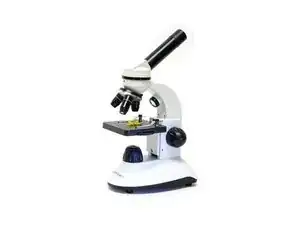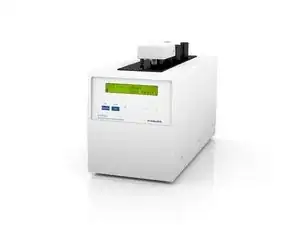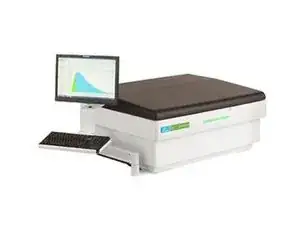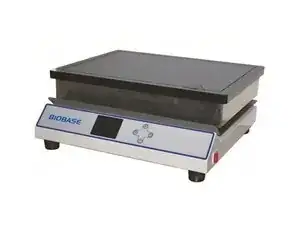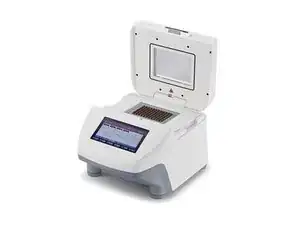Background and Identification
A laboratory (also called a lab) is a facility that provides controlled conditions for scientific or technological research, measurement, and experiments to be performed. Laboratory services are essential in many settings, including physicians’ offices, clinics, hospitals, and referral centers. Laboratory equipment refers to the various tools and equipment used by laboratory workers, including Bunsen burners, microscopes, and more specialized equipment like spectrophotometers and colorimeters.
Medical laboratories perform a huge variety of clinical pathology tests to help determine diagnoses and treatments. Many hospitals also perform research from their laboratories to promote and further the advance of medical technology and knowledge.
Modern-day medical and laboratory equipment has evolved dramatically since the chemical experiments performed in ancient times. This evolution involves the methods and goals of experiments as well as the equipment used to perform experiments. Laboratory equipment can fall into several categories including analytical instruments, clinical laboratory equipment, general lab equipment, laboratory furniture, and others.
Safety precautions are vital to minimize the individual’s risk during experiments, and safety equipment should be used to protect users from injury. Laboratory hazards can include poisons, infectious agents, flammable materials, moving machinery, high voltage, magnetic fields, and extreme temperatures. When repairing any kind of laboratory or medical equipment, be sure to take all necessary precautions to keep yourself and others safe.
Additional Information
- Wikipedia: Medical Laboratory
- Wikipedia: List of Laboratory Equipment
- Wikipedia: Laboratory
- The Evolution of Laboratory Equipment
